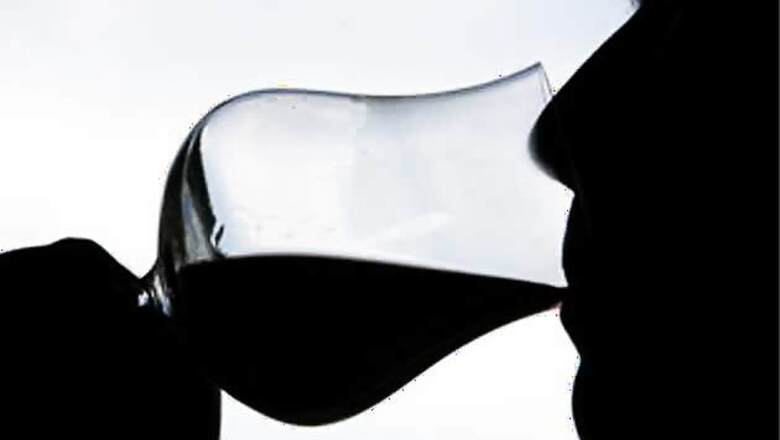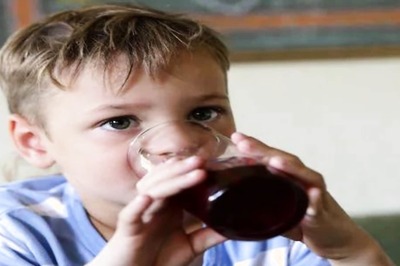
views
London: Gene that hard-wires people for binge-drinking, by boosting levels of a happy brain chemical triggered by alcohol, has been discovered, scientists claim. The gene - RASGRF-2 - is one of many already suggested to be linked with problem drinking. The new study, led by King's College London's Institute of Psychiatry (IoP) helps explain why some teenagers are more prone to drinking alcohol than others.
The research provides the most detailed understanding yet of the brain processes involved in teenage alcohol abuse. Alcohol and other addictive drugs activate the dopamine system in the brain which is responsible for feelings of pleasure and reward. Recent studies also found that the RASGRF2 gene is a risk gene for alcohol abuse, however, the exact mechanism involved in this process has, until now, remained unknown. "People seek out situations which fulfil their sense of reward and make them happy, so if your brain is wired to find alcohol rewarding, you will seek it out," Professor Gunter Schumann, lead author of the study said.
"We now understand the chain of action: how our genes shape this function in our brains and how that, in turn, leads to human behaviour. We found that the RASGRF-2 gene plays a crucial role in controlling how alcohol stimulates the brain to release dopamine, and hence trigger the feeling of reward. So, if people have a genetic variation of the RASGRF-2 gene, alcohol gives them a stronger sense of reward, making them more likely to be heavy drinkers," said Schumann in a statement.
The study initially looked at mouse models without the RASGRF2 gene to see how they reacted to alcohol. They found that the absence of the RASGRF-2 gene was linked to a significant reduction in alcohol-seeking activity. Upon intake of alcohol, the absence of the RASGRF-2 impaired the activity of dopamine-releasing neurons in a region of the brain called the ventral tegmental area (VTA) and prevented the brain from releasing dopamine, and hence any sense of reward.
The research team then analysed the brain scans of 663 14-year-old boys - who at that age had not been exposed to significant amounts of alcohol. They found that individuals with genetic variations to the RASGRF2 gene had higher activation of the ventral striatum area of the brain (closely linked to the VTA and involved in dopamine release) when anticipating reward in a cognitive task.

















Comments
0 comment